Navigating The Future: A Comprehensive Guide To The International Calendar 2026
Navigating the Future: A Comprehensive Guide to the International Calendar 2026
Related Articles: Navigating the Future: A Comprehensive Guide to the International Calendar 2026
Introduction
With great pleasure, we will explore the intriguing topic related to Navigating the Future: A Comprehensive Guide to the International Calendar 2026. Let’s weave interesting information and offer fresh perspectives to the readers.
Table of Content
Navigating the Future: A Comprehensive Guide to the International Calendar 2026

The year 2026, a mere few years away, presents a unique opportunity for global collaboration and understanding. As we move towards this future, it is crucial to understand the international calendar and its significance in shaping our shared experience.
The international calendar, a standardized system for tracking time, serves as the foundation for global communication and coordination. It ensures that events, meetings, and deadlines are recognized and observed consistently across national boundaries, fostering efficient collaboration and reducing confusion.
Understanding the International Calendar 2026
The international calendar, commonly known as the Gregorian calendar, is a solar calendar with 365 days divided into 12 months. Each year consists of 52 weeks, with an additional day added in leap years (years divisible by 4, except for century years not divisible by 400).
The calendar’s structure reflects the Earth’s orbit around the sun, with each month representing a specific period of the Earth’s journey. This system ensures that seasonal changes are reflected in the calendar, providing a consistent framework for agricultural practices and cultural celebrations.
Key Features of the International Calendar 2026
- Leap Year: 2026 is not a leap year. It will consist of the standard 365 days.
- Weekdays: The international calendar follows a seven-day week, with each day assigned a specific name: Sunday, Monday, Tuesday, Wednesday, Thursday, Friday, and Saturday.
- Months: The twelve months of the year are: January, February, March, April, May, June, July, August, September, October, November, and December.
- Holidays: While the international calendar provides a framework, specific holidays vary across cultures and nations. These holidays are often rooted in religious, historical, or cultural significance.
The Importance of the International Calendar
The international calendar plays a vital role in facilitating global communication and cooperation. It serves as a shared reference point for:
- Business and Trade: It standardizes scheduling, deadlines, and payment terms, simplifying international transactions and agreements.
- Scientific Research: It provides a common framework for data collection, analysis, and dissemination, enabling collaboration across geographical boundaries.
- Global Events: It ensures consistent scheduling and coordination for international events, conferences, and summits.
- International Law: It establishes a common timeline for legal proceedings and treaties, ensuring clarity and accountability.
Benefits of the International Calendar
- Global Understanding: It promotes shared understanding and appreciation of different cultures and traditions, fostering a sense of global community.
- Efficiency and Productivity: It streamlines communication and collaboration, reducing ambiguity and errors, leading to increased efficiency and productivity.
- Reduced Conflict: It minimizes potential misunderstandings and disputes that may arise from differing timekeeping systems, promoting harmonious relations.
FAQs Regarding the International Calendar 2026
Q: What are the key dates to remember in the international calendar 2026?
A: While specific holidays vary based on location and culture, key dates include:
- New Year’s Day (January 1st): Celebrated globally as the start of a new year.
- International Women’s Day (March 8th): A day to celebrate women’s achievements and advocate for gender equality.
- Earth Day (April 22nd): A global event dedicated to environmental protection.
- International Labour Day (May 1st): A day to celebrate workers’ rights and achievements.
- International Day of Peace (September 21st): A day dedicated to promoting peace and non-violence.
- Christmas Day (December 25th): A widely celebrated religious holiday.
Q: How do time zones affect the international calendar?
A: The international calendar does not account for time zones. Time zones are regional divisions of the Earth, based on longitude, that adjust the time to reflect the sun’s position. Time zones are essential for coordinating activities and communication across different regions of the world.
Q: What are the differences between the international calendar and other calendars?
A: While the international calendar is the most widely used, other calendars exist, such as the Islamic calendar, the Hebrew calendar, and the Chinese calendar. These calendars have different starting points, lengths, and methods for determining dates, reflecting their unique cultural and religious significance.
Tips for Utilizing the International Calendar Effectively
- Be aware of time zones: When communicating or scheduling events internationally, always consider the time zone differences.
- Use online calendar tools: Utilize online calendar applications to manage schedules, set reminders, and share events with others.
- Respect cultural differences: Be mindful of holidays and cultural observances when scheduling meetings or events.
- Stay informed: Keep up-to-date on international events and celebrations by consulting reliable sources of information.
Conclusion
The international calendar, with its standardized structure and global reach, serves as a vital tool for communication, collaboration, and understanding. As we move towards 2026 and beyond, understanding and utilizing this calendar effectively will be crucial for fostering global harmony and progress. By embracing its principles and recognizing its significance, we can navigate the complexities of the future with greater clarity, efficiency, and shared purpose.
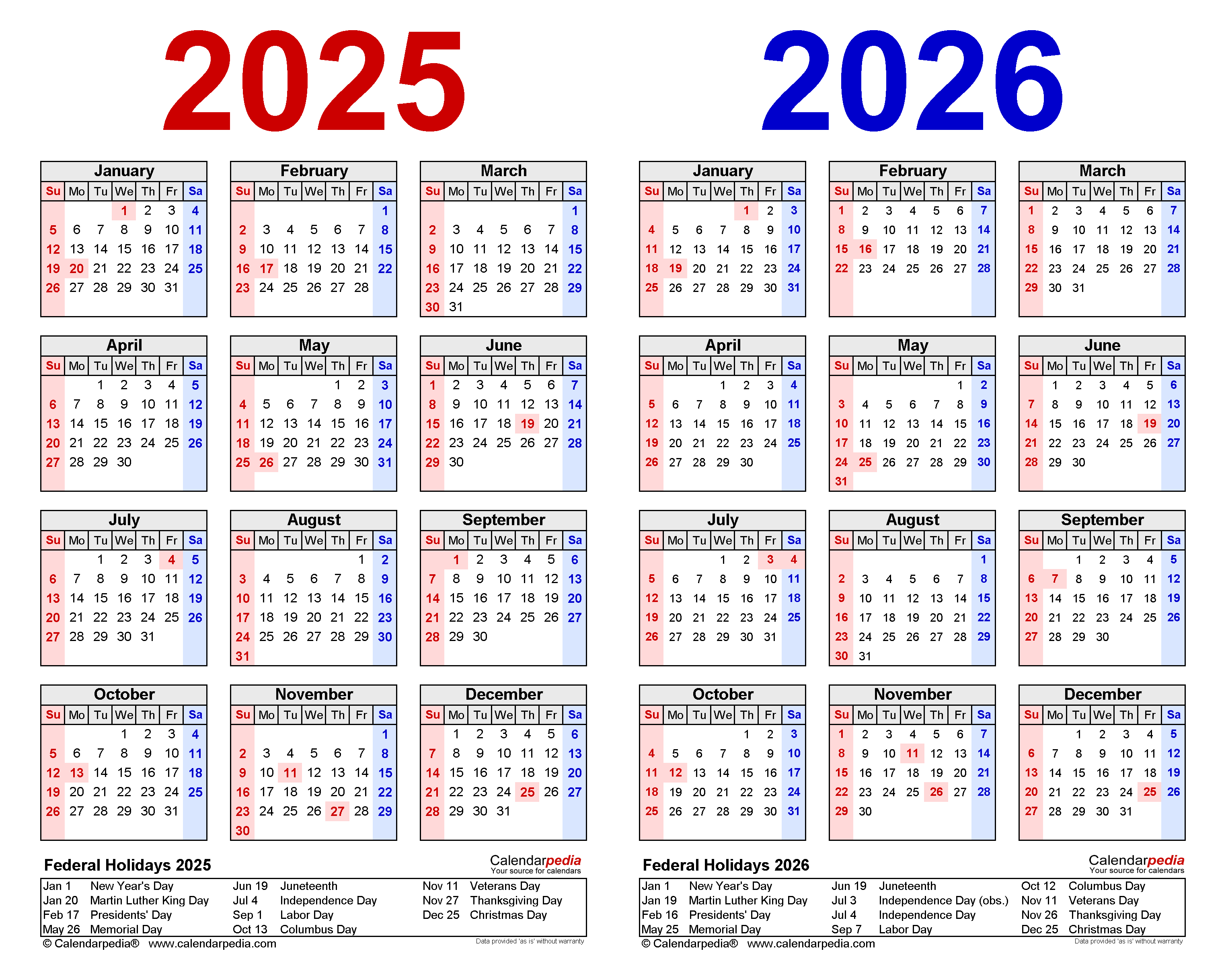


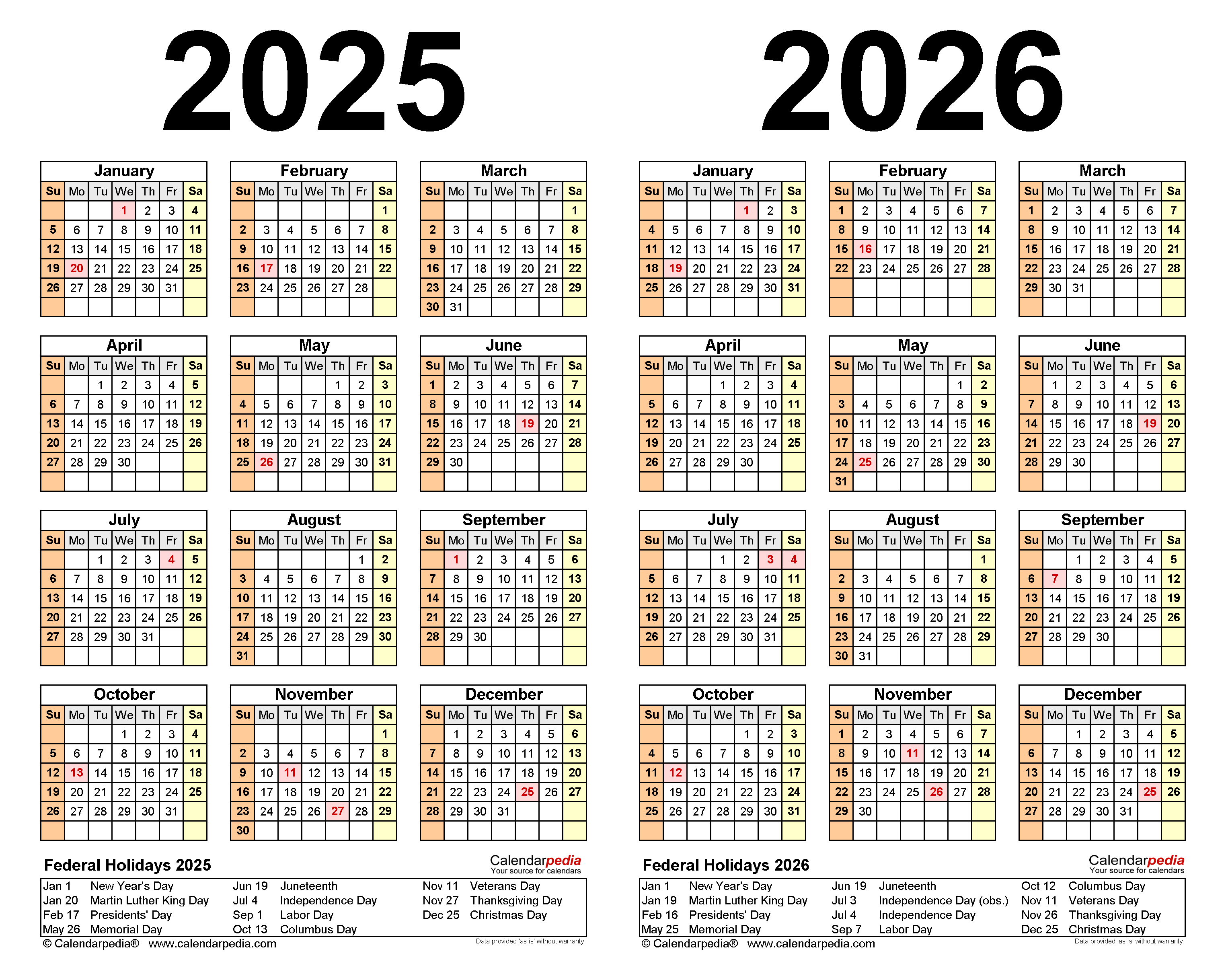

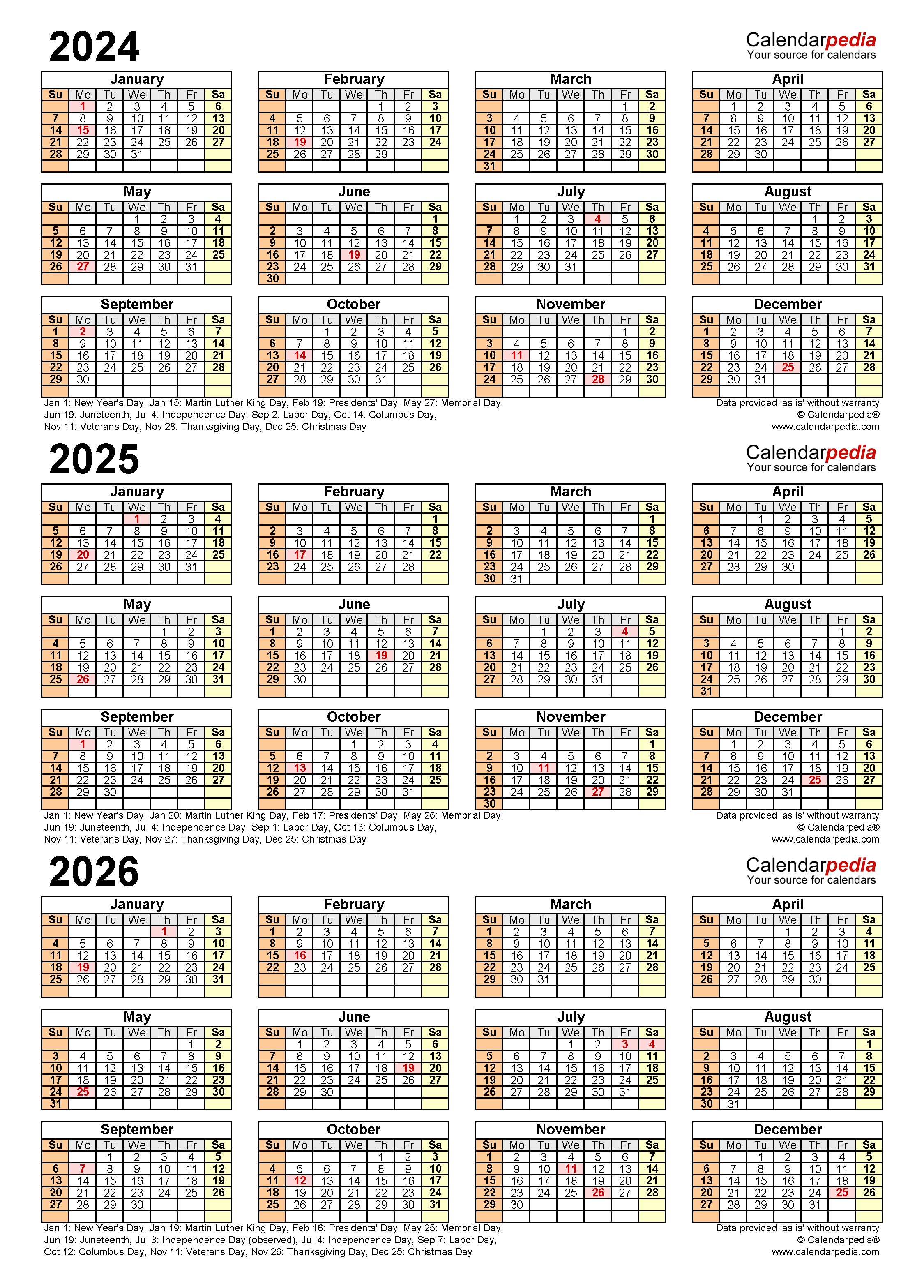
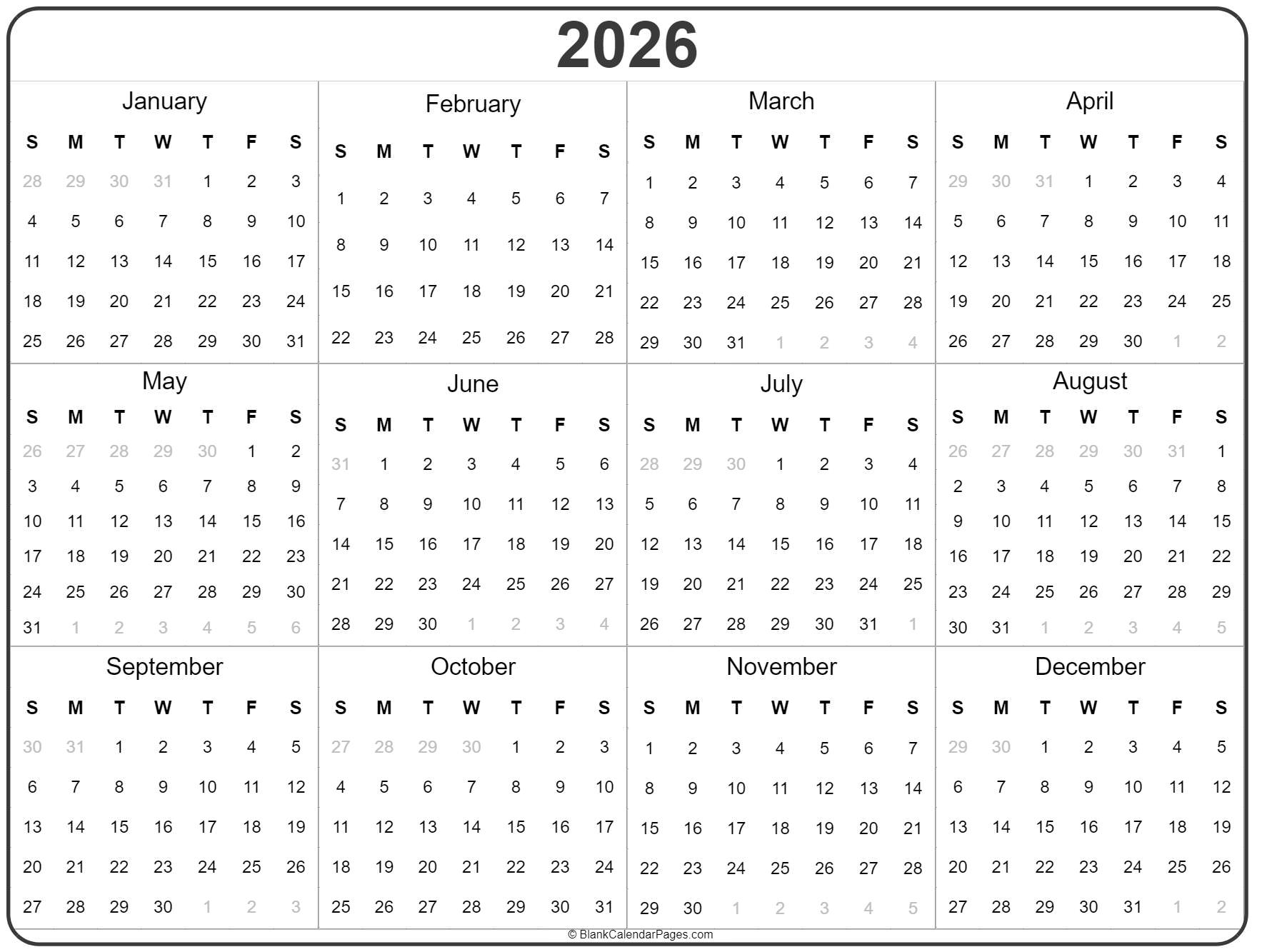
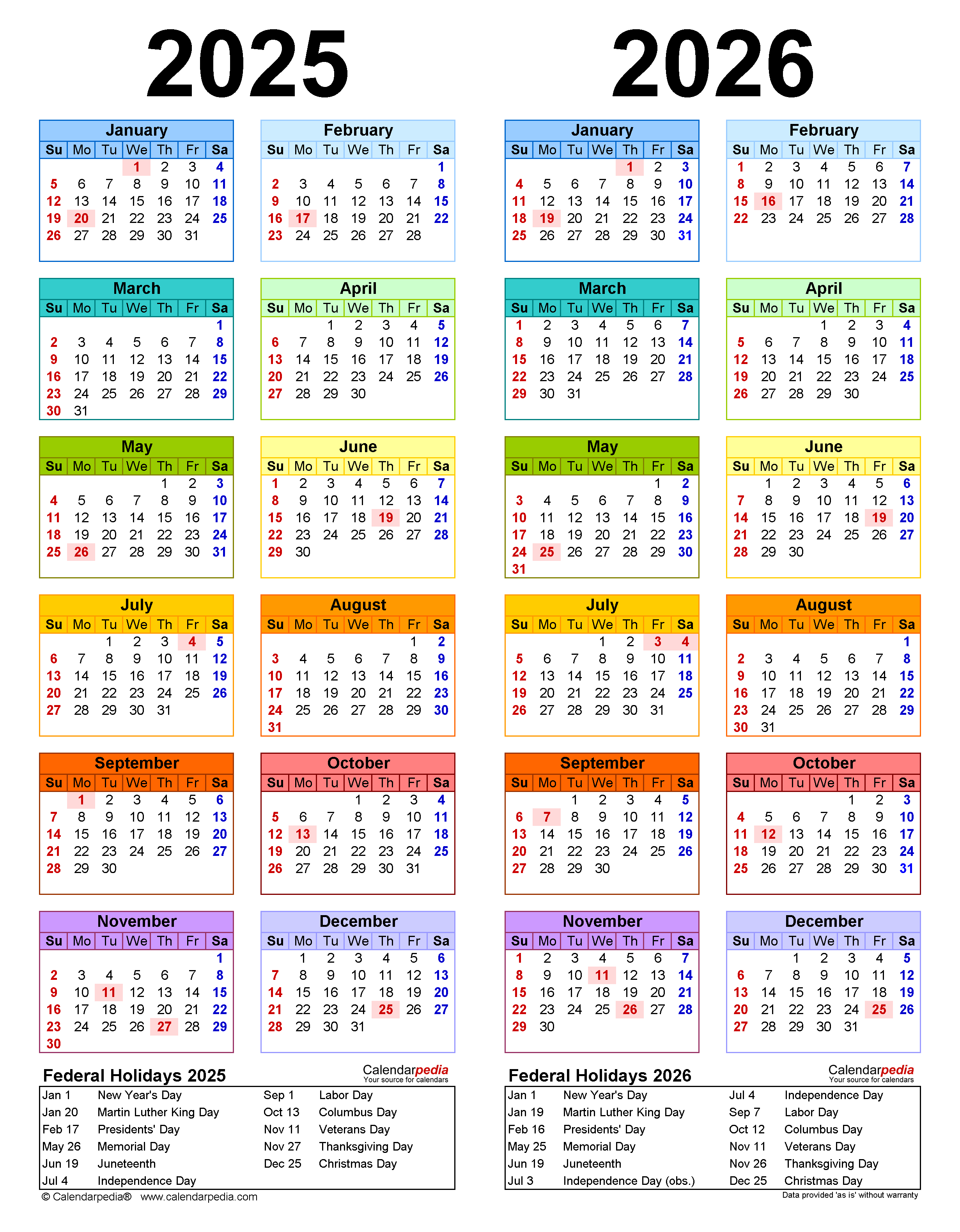
Closure
Thus, we hope this article has provided valuable insights into Navigating the Future: A Comprehensive Guide to the International Calendar 2026. We appreciate your attention to our article. See you in our next article!